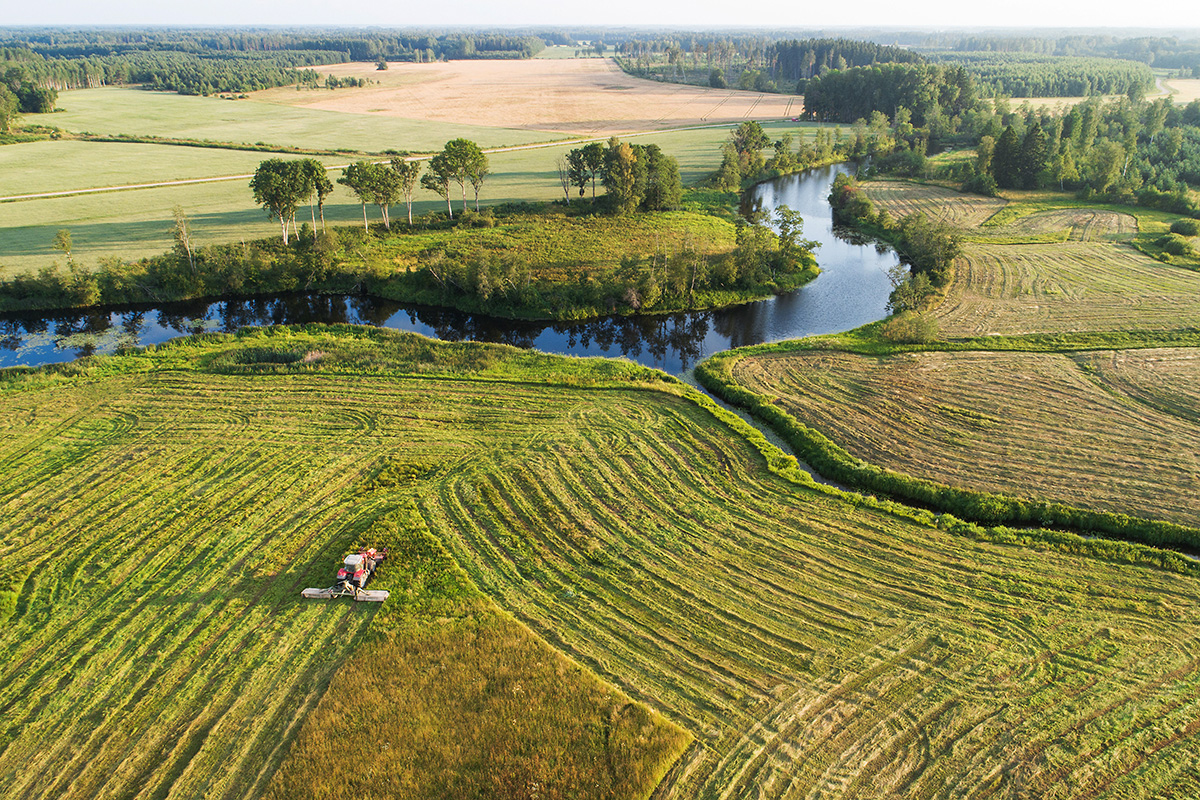After the oceans, soil is the next largest carbon sink on our planet
Soil is one of the largest reservoirs of biodiversity: it is home to an estimated quarter of the world’s biota [1].

Soil has an important role to play in regulating climate change, floods, landslides, and droughts [2]. After the oceans, soil is the next largest carbon sink on our planet: it holds 75% of the land's carbon. The world’s soils contain one and a half to three times more organic carbon than is found in plant biomass. As soil regulates and stores carbon in the form of organic matter, any change in land use also affects the overall balance of greenhouse gases.
As a habitat, the soil constantly releases water and gases are released in the course of the life of microorganisms. Thus, soil is a necessary cleaner and binder of substances in the cycles of water, gases, and chemical elements, and also helps to preserve the gene pool of plants and soil-dwelling animals [2].
Soils are the largest water filters and reservoirs on our planet, controlling the quality of freshwater stocks. If contaminated rainwater falls to the ocean, toxic substances end up directly in the water and pollute the ocean. However, the water that passes through the soil and the ground is purified by a natural soil filtration process, after which the water is significantly cleaner for both human consumption and to be released into the oceans.
Soil also plays a direct, vital role for the benefit of humans – most of our food comes directly or slightly more indirectly from the soil. Vegetables grow in the soil, fruit trees get their water and nutrients from the soil through their roots, animals eat grass that grows on the soil. Soil microorganisms are also needed, for example, to make pharmaceuticals – almost all antibiotics come from the soil.
Last modified: 15.11.2021
__________________________________________________
[1] P. Vacht. Rikkalik bioloogiline mitmekesisus on meile palju lähemal kui arvata oskame. Bioneer.ee, 04.03.2015. https://bioneer.ee/rikkalik-bioloogiline-mitmekesisus-meile-palju-lähemal-kui-arvata-oskame
[2] Euroopas hävib iga päev kolm ruutkilomeetrit mulda. 28.09.2017. https://www.pollumajandus.ee/uudised/2017/09/28/euroopas-havib-iga-paev-kolm-ruutkilomeetrit-mulda